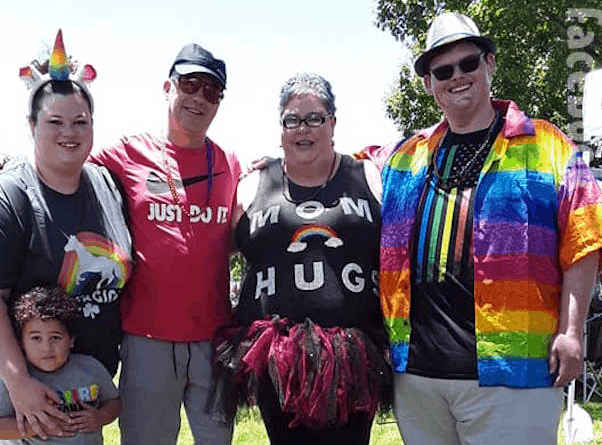How long do Oscar winners get to speak before the music plays?
How long do Oscar winners get to speak before the music plays?
Polish filmmaker Pawel Pawlikowski won the Best Foreign Language Academy Award last night for his film Ida. He also, arguably, won the awards show, by ignoring the “walk-off” music that came on about twenty seconds into his acceptance speech, talking straight through it in order to finish thanking his Polish filmmaking compatriots, and his dead parents, and his late wife, and a few other family members, too. By the time the walk-off music started again, most of the crowd was hooting and applauding Pawlikowski’s resilience and the heartwarming tone of his beautiful speech. It was a lovely moment in a ceremony otherwise almost completely without them.
Of course, this wasn’t the only time a “minor” film or lesser-known filmmaker got “played off” by the orchestra. It happens several times every year, in the beginning and middle of the ceremony, when the “smaller” Oscars are given out. Yet it seems like the big name actors never get played off (which isn’t entirely true; it just almost never happens because those people are so famous and pretty). So, how long is a speech supposed to be? And why does everyone get the same amount of time?
It turns out that there isn’t a specific limit for the length of any speech. Previous years’ winners were played off at around the fifty second mark, which is about the average length for all acceptance speeches. Of course, the decision to start the music rests not with the orchestra conductor, but with the director of the show. Conductor Bill Ross, who oversaw the orchestra pit in 2011, once told NPR that
When I did the show the first time, that’s one of the things my kids asked me about. ‘Don’t play ’em off, dad. Let ’em stay up there longer!’ And I’m thinking, ‘oh my.’ That’s the confusion. People think it’s the guy with the baton who’s making that call. And I assure you it’s not.
(On a related note: The name of the play off music? “Too Long.” Somewhat on the nose, but there you go.)
It’s really a shame, since the speeches are often the only heartfelt, genuine moments in a show that’s otherwise planned and choreographed to death. Favorite Oscar memories–if there are such things–almost always involve unexpected moments in speeches. Think Sally Field’s “You like me, right now; you like me!” or Roberto Benigni jumping up and down and shouting in Italian because he had run out of English or Cuba Gooding, Jr. talking right through that pesky music and winning the hearts of every single person watching in the process. Even if the viewing audience isn’t familiar with the movie the person just won an Oscar for making, we can all relate to and appreciate the swirl of emotion going through a person in that supremely wonderful, confusing instant.
(Photo credits: How long do Oscar winners get to speak before the music plays via WENN)







